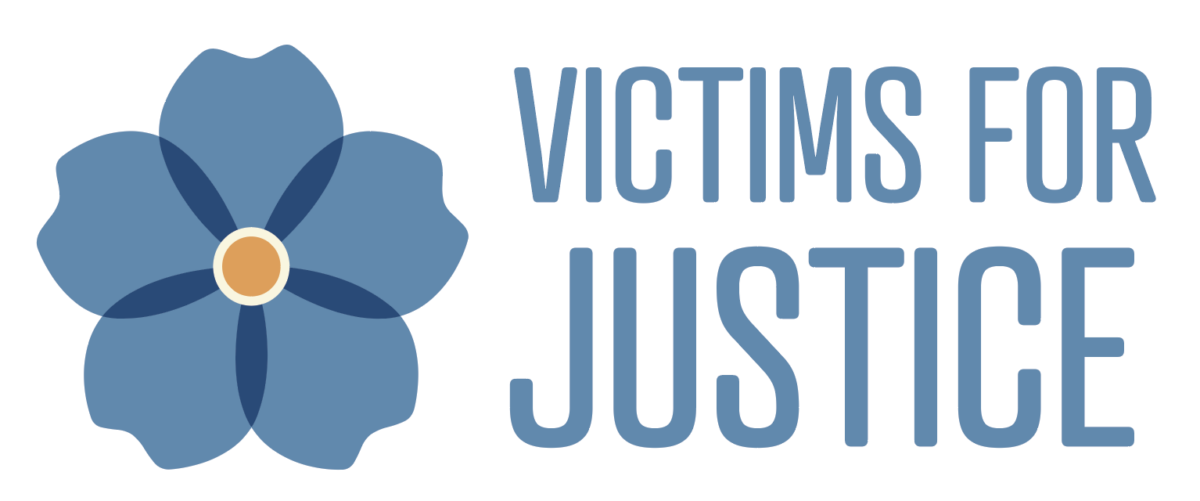A guide for survivors of homicide victims to practice self-care during the holidays
Someone you love has been murdered, or was killed by a drunk driver. It is an understatement to say that your life has been changed. Your anger and pain are deep, and it will take a great deal of hard work and time to recover. You may never feel as if you have “recovered.” It may be difficult to believe now, but many persons who have been in your situation learn to manage their grief. You will need time, determination, and the support of a caring listener. The feelings you experience are likely to be very difficult and foreign for you, but most likely, they will be similar to what others have felt. This guide was written to help you, as the survivor of a homicide victim, cope with the fears and anxiety of losing someone close to you.
How to cope with the Holidays?
Holidays can be an extremely difficult time for you. They are usually an accumulation of traditions or customs created by families to be shared with family members. When a member of the family is no longer there to share a cherished tradition, the holiday can become a painful reminder instead of a time of joy. The first time you celebrate a holiday after a death, it may become a nightmare. Holiday gifts that once were ripped open immediately may sit for days. Thanksgiving is hollow. “What do I have to be thankful for?” is a common reaction for the survivor. New Year’s Day and birthdays, which celebrate another year of life, become reminders of death. You may find the need to develop new traditions. For some, a trip out of town at holiday time may be beneficial. A birthday can be observed by donating to a charitable organization or doing something that is meaningful to you. Sometimes being with other family members and talking together about the good times experienced in the past can be a source of strength. There is no rule to follow on how to “get through” a holiday. You will grieve. Allow yourself to grieve. It’s all part of the healing process.
What are some examples of self-care?
- Positive Affirmations – Each day (or in stressful situations) think through some kind thoughts about yourself and your life. Remind yourself that you have taken steps to care for yourself that might seem easy but are very important, like taking a shower, getting out of bed, or going for a walk.
- Relaxation Exercises – Anything from breathing techniques to practicing meditation and creating bedtime routine can help to create a relaxing environment to heal and reflect.
- Channeling pain into creativity – Taking up activities like poetry writing, short stories, journaling, drawing or dance serve as outlets to release and process emotions that might otherwise be overwhelming.
- Physical Self-Care – Getting up and moving your body in a way that feels good to you can change your whole mood. If you’re not a person who loves the gym, you can go for a walk with a friend, do some stretches, or dance at home to some feel good music.
- Know and communicate your boundaries – Let others around you know up front what is and is not okay for you.
- Ask for help – No one should be expected to go through life alone and everyone needs help from time-to-time. Asking loved ones for help with life feels overwhelming is important.
- Remind yourself it is okay to walk away from situations that are too stressful or triggering.
A guide to survival for family and friends of homicide victims. Office of Victim Services, Montana Department of Justice, p.3. https://dojmt.gov/wp-content/uploads/2011/05/guidesurvival.pdf

Recent Comments